6 Important Hormones and Their Roles in Your Body
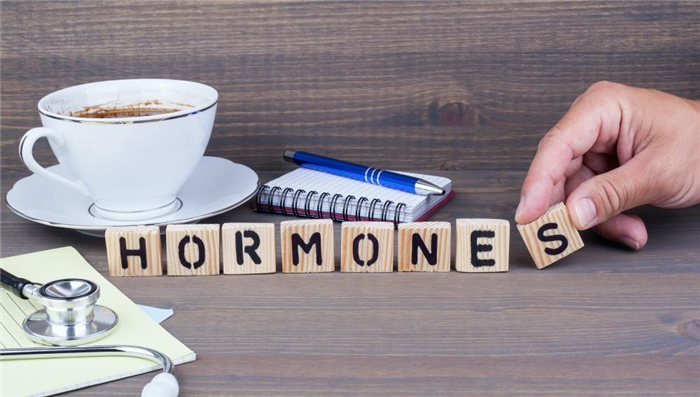
Everyone knows what hormones are, but most of us have little idea of what hormones actually do within our bodies. At Osteopathic Center for Healing , one of the services that Dr. Neil Spiegel and P hysician Assistant Jennifer Gularson ,PA-C offer is hormone balancing . Your hormones impact your health in myriad ways, some of which may surprise you.
Hormones are part of your endocrine system and are secreted by a network of glands. When your glands make too much or too little of any given hormone, your internal processes such as metabolism, body temperature, and reproduction (among many others) may be impacted.
There are many more than six hormones in your body, and they’re all important for various reasons, but these six hormones are often problematic for patients.
1. T3 and T4
T3 and T4 are the two main thyroid hormones . Your thyroid regulates your metabolism, which means it plays a role in digestion, hunger, and your overall energy level. Your thyroid can make too much hormone, which is called hyperthyroidism, or it can make too little, referred to as hypothyroidism. Hypothyroidism is more common.
2. Melatonin
Several hormones help to control your sleep/wake cycles or your circadian rhythm. One of them is melatonin. Sunlight prevents the production of melatonin, which is secreted by your pineal gland. As it gets dark at night, your body makes more melatonin and you get sleepier. Your computer, cell phone and TV all reduce the amount of melatonin you produce, so either use blue blocking glasses at night or don’t use these devices 1-2 hours before bedtime.
3. Progesterone and testosterone
These two hormones are sometimes called “female” and “male” hormones, because progesterone is mostly produced in the ovaries and testosterone is mainly produced in the testicles. Both hormones are involved in reproduction.
When women don’t have enough progesterone, they may have irregular menstrual cycles and experience headaches or sudden mood changes and more importantly loss of sleep! . Men with low levels of testosterone may have a low sex drive, lose hair, feel fatigued, and lose muscle mass, among other symptoms.
4. Cortisol
Stress, both short term and long term, triggers certain processes in your endocrine system. For example, in the classic fight-or-flight response, your body makes both cortisol and adrenaline.
When you are under long-term (chronic), stress, your body continues to make cortisol and other stress-related hormones. Chronic stress has been associated with obesity, cardiovascular disease, anxiety and depression, and a host of other problems.
5. Insulin
Most everyone knows that people with Type 1 and Type 2 diabetes have high blood sugar. The hormone insulin is necessary for the cells in your body to properly use the glucose in your bloodstream. With diabetes, there’s either little-to-no insulin or the body can’t use the insulin it does have properly.
Usually, before a person develops Type 2 diabetes, they have prediabetes and insulin resistance , which means they have more glucose in their bloodstream than normal because their body is not as sensitive to the insulin anymore, The blood sugar is not high enough to be diagnosed with Type 2 diabetes, but the risk of developing it is much greater.
6. Estrogen
As menopause approaches, women’s bodies produce less estrogen. Estrogen is critical to bone health, and having less of it is associated with osteoporosis, a condition in which your bones become porous and much more fragile.
If your body is making too much or too little of any of these six hormones, you may have vague symptoms that you can’t quite put your finger on. You may simply feel “off” and be unable to articulate exactly what is wrong. If that’s the case, you should consider booking an appointment with us at Osteopathic Center for Healing.
We’re happy to answer your questions, as well as provide an evaluation to help identify where your problem may be. Scheduling is flexible and convenient. We’re offering telehealth visits, or you can book an in-person appointment online or by calling us at 301-245-1940.
You Might Also Enjoy.
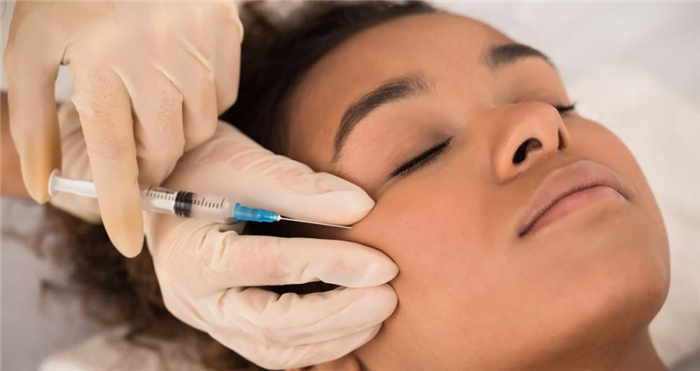
Botox, Dysport, or Jeuveau: Which Is Right for Me?
Once you’ve made the decision to do something about those lines and wrinkles that have been bothering you, you have another choice to face. What, exactly, should you do? In this post, we discuss three popular injectables.
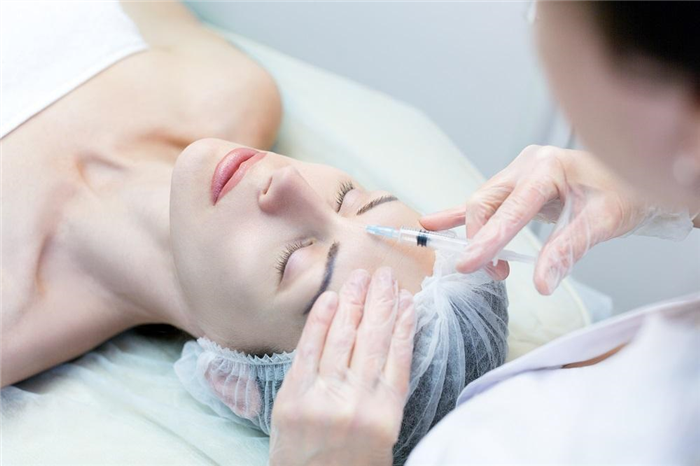
What Are Hyaluronic Acid Fillers and How Do They Work?
Advertisements for cosmetic products often refer to hyaluronic acid. Ads for everything from hair products to moisturizers mention it. What is hyaluronic acid? How does it work when it’s the active ingredient in an injectable?

4 Signs of Low Testosterone in Men
Testosterone is sometimes called the “male hormone,” and it’s important for men’s sexual function, among other things. You might have difficulty recognizing the signs of low testosterone, so here are four signs you may have low testosterone.
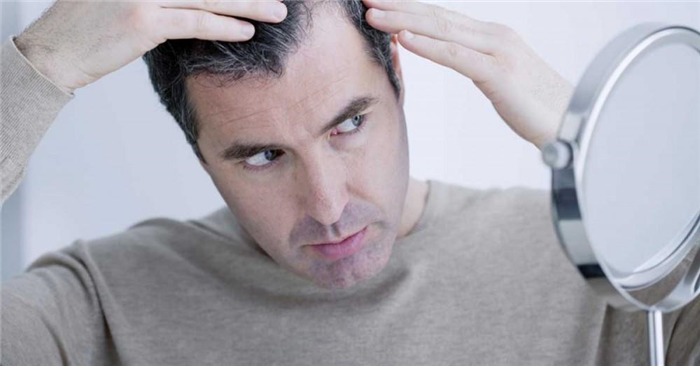
3 Reasons Your Hair Is Thinning
Regardless of your gender or age, finding that your hair is thinning can be surprising and may affect your self-esteem. Here, we describe three things that can cause hair thinning, as well as some of the treatments available.

When to Consider Osteopathic Manipulation for Chronic Pain
Osteopathic manipulation is a technique that can treat an array of issues. It’s noninvasive, focused on how all the systems of your body work together, and promotes healing. But it works best for certain conditions.
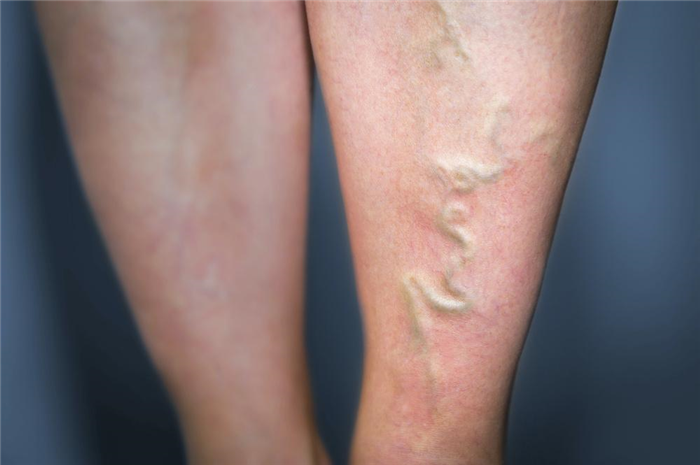
Are Bulging Varicose Veins Treatable?
Do you have bulging, rope-like veins in your legs? Varicose veins often cause discomfort and embarrassment, but they aren’t something you just have to live with. Treatment options are available.